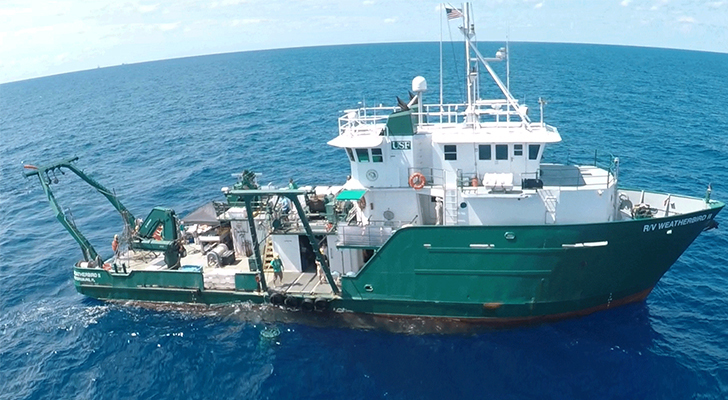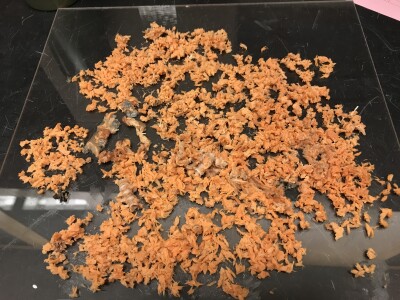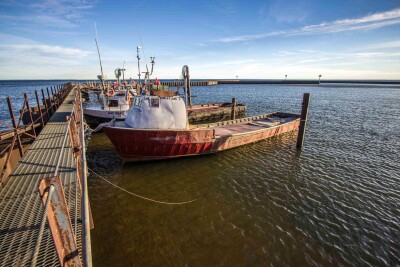New set of baseline data on gulf fish gives insight on future oil spill effects
An international team of researchers has completed a seven-year baseline study of fish populations in the Gulf of Mexico in the aftermath of the Deepwater Horizon oil spill.
The study, recently published in the journal Marine and Coastal Fisheries, outlines the marine makeup of the gulf from the United States to Mexico and Cuba. According to the researchers, a lack of data has limited their abilities to fully understand the oil spill’s impact.
“Neither the fish nor oil spills know national boundaries,” said principal investigator Steve Murawski, professor at the University of South Florida College of Marine Science. “Providing seamless data for the gulf as a whole is imperative if we are to prepare adequately for future oil spills.”
The research was funded by the Gulf of Mexico Research Initiative, which was established through a $500 million financial commitment from BP to study the environmental impact of Deepwater Horizon.
Overall, oil contamination in fish from the northern gulf continues to decline, though no assessed areas were completely oil free.
During 12 separate research expeditions, marine biologists systematically caught 15,000 fish of 166 species from 343 locations. They divided the gulf into six zones, to help best differentiate population changes. The most notable decline since the disaster is of the red snapper and southern hake in the northern gulf, the location of the Deepwater Horizon oil spill.
The species compositions and size data collected will provide a basis for evaluating resiliency to overfishing, climate change, pollution, habitat loss, invasive species and other factors that could negatively affect fish stocks.







